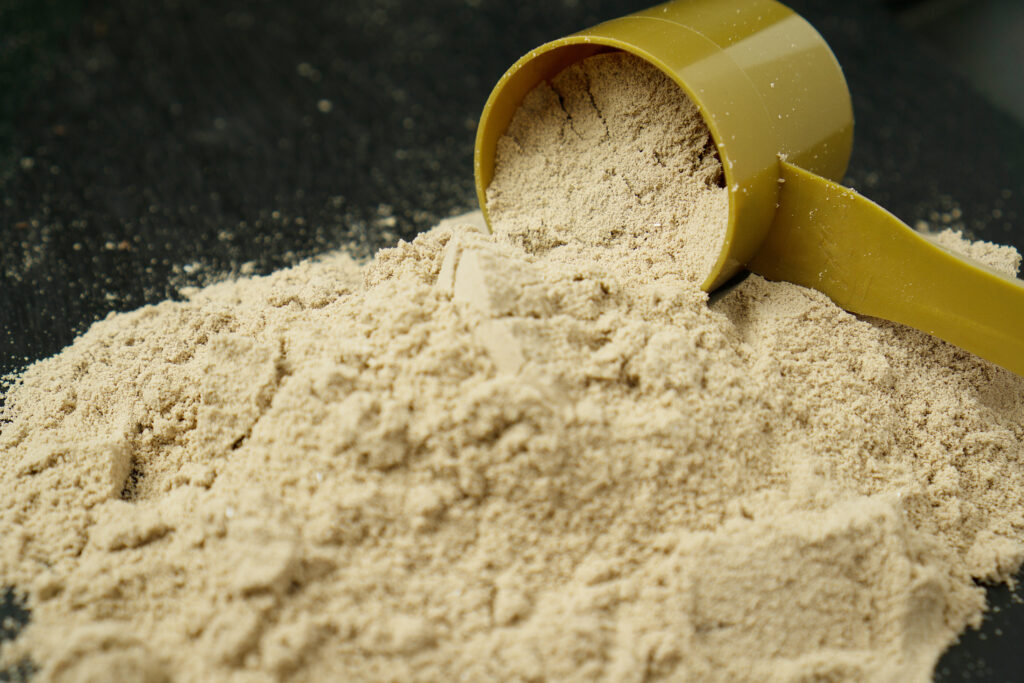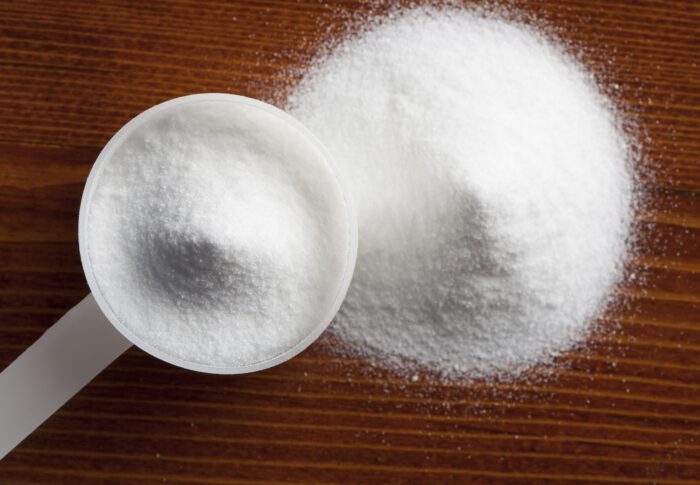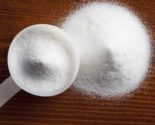
Protein Powder Facts
protein powder is a type of high-quality protein that is derived from milk. It is a complete protein, which means it contains all nine essential amino acids that your body needs but cannot produce on its own. Whey protein is commonly used as a dietary supplement to support growth and maintenance of lean muscle tissue, improve workout recovery, and support overall health and wellness.

protein powder is a byproduct of the cheese-making process and is extracted from the liquid left over after the milk has been curdled and strained. Whey protein is available in various forms like powder, bars, and shakes and is a popular dietary supplement among athletes, bodybuilders, and fitness enthusiasts. It is rich in essential amino acids, particularly leucine, which makes it an ideal supplement for muscle building, recovery, and repair.
There are three primary types of whey protein:
- whey protein concentrate: Whey protein concentrate contains varying amounts of protein, carbohydrates, and fat, and is the most economical form of whey protein
- whey protein isolate: Whey protein isolate contains at least 90% protein, with little to no carbs and fat, making it a more effective option for those looking to increase protein intake without adding extra calories.
- whey protein hydrolysate: Whey protein hydrolysate is partially pre-digested, allowing for faster absorption and utilization by the body.
protein flavors
Whey protein is also available in several flavors and can be used in a variety of applications, including protein shakes, smoothies, and even added to baked goods. It should be noted that whey protein is generally safe for most people, but individuals with milk allergies or intolerances should avoid it. It’s always best to consult with a healthcare professional before adding any dietary supplements to your routine.
How Much Protein Should You Consume?
the recommended daily protein intake for adults is 0.8 grams per kilogram of body weight. This means that a person weighing 68 kilograms (150 pounds) should consume approximately 55 grams of protein per day. However, protein requirements may vary depending on age, sex, weight, and physical activity level. Some athletes and individuals engaged in heavy physical activity may require more protein to support muscle growth and recovery. It’s always advisable to consult a registered dietitian to determine the ideal protein requirements that suit your health goals and lifestyle.



-
-
2 years
Tagged creatine